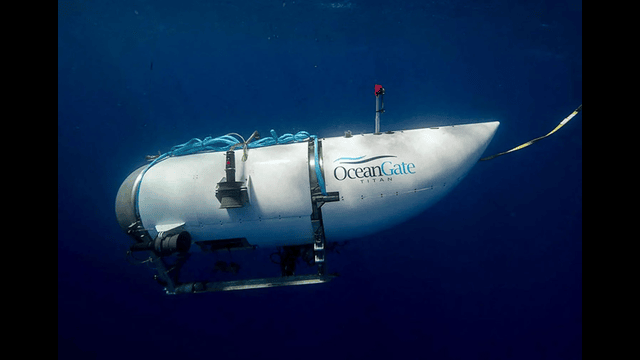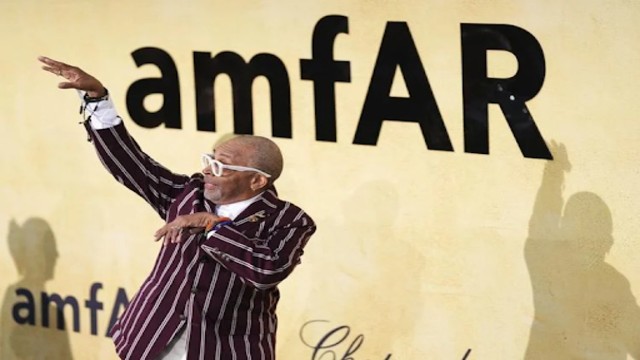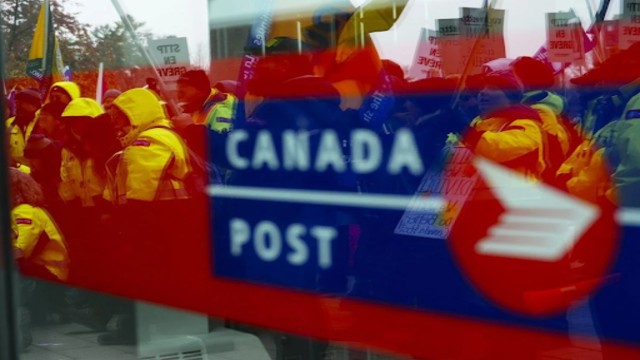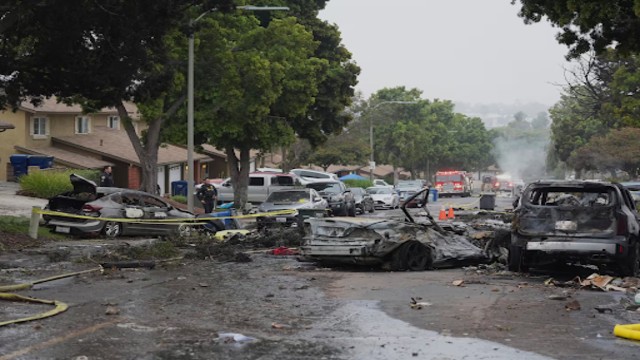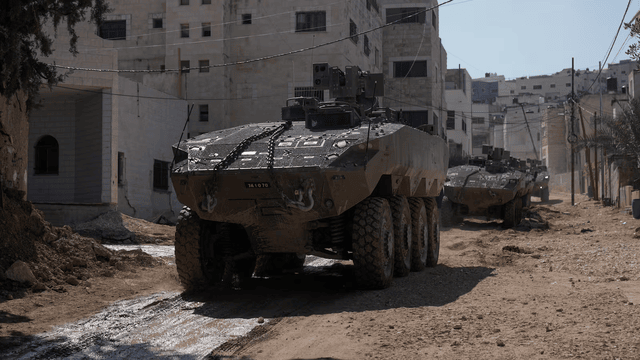
On Friday, supplies were delivered to the northern Gaza Strip via parachutes. This operation, captured by Leo Correa and published by The Associated Press, aimed to provide essential items to the area.
Efforts to provide humanitarian aid to Gaza amidst its dire situation have been met with criticism from a United Nations expert. The US has initiated airdrops of meals and plans for a temporary port, aiming to alleviate the worsening conditions in the region. However, these efforts have been labelled as inadequate and cynical by Michael Fakhri, the UN special rapporteur on the right to food. He argues that while such measures are being taken, military aid to Israel continues unabated, creating a paradoxical situation.
As Israel's conflict with Hamas persists, Gaza faces a looming famine, exacerbated by the near-total blockade and ongoing hostilities. The aid groups emphasize the urgency of addressing the existing blockade to facilitate effective aid delivery. Despite the intentions behind the airdrops and plans for a temporary port, Fakhri and others assert that these measures are insufficient and diversionary, urging a focus on opening existing routes into Gaza.
Fakhri criticizes the US for its substantial military support to Israel amid the humanitarian crisis, questioning the coherence of such actions. He suggests that these aid measures might be driven more by domestic political considerations, particularly with impending elections in the US. This skepticism underscores the complexity and sensitivity surrounding humanitarian aid efforts in conflict zones.
Dalia Al-Awqati from Save the Children echoes Fakhri's sentiments, emphasizing the need for safe and unhindered access to deliver aid throughout Gaza. The suspension and subsequent resumption of funding to UNRWA by Canada further illustrate the geopolitical dynamics influencing humanitarian efforts in the region.
Efforts to establish a temporary port by the US and a humanitarian sea corridor by Europe signal a growing international frustration with Israel's conduct in the conflict. However, logistical challenges and security concerns complicate the implementation of these initiatives, raising doubts about their timely effectiveness.
Despite these efforts, the casualties continue to mount in Gaza, with recent Israeli strikes claiming numerous lives. The tragic incident involving an aid convoy underscores the precarious situation, with conflicting accounts of the events leading to the deaths of many Palestinians.
In conclusion, while humanitarian aid efforts are underway, they are overshadowed by geopolitical complexities and ongoing conflicts. The urgency of the situation in Gaza demands immediate action and international cooperation to address the humanitarian crisis effectively.




